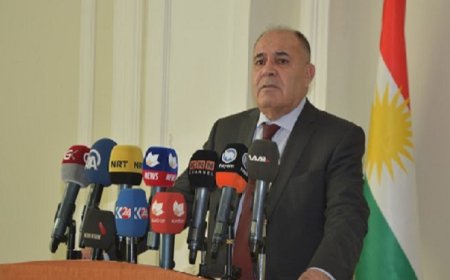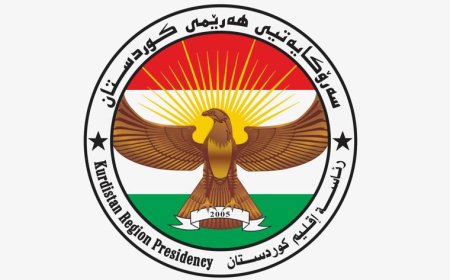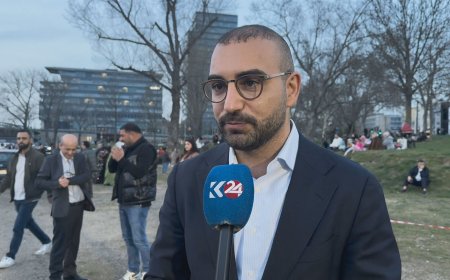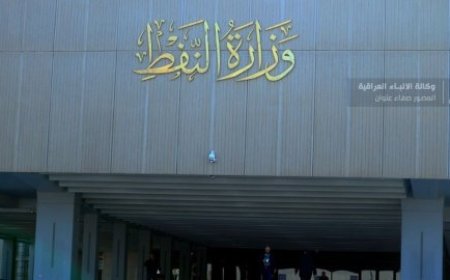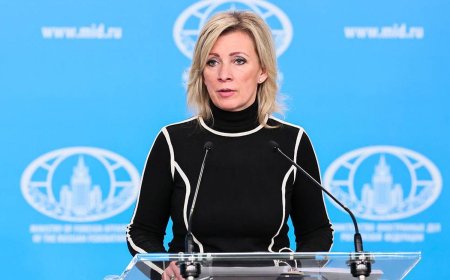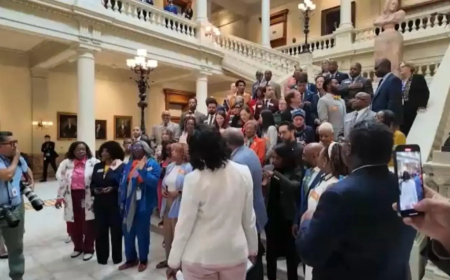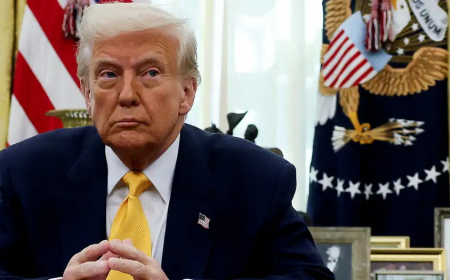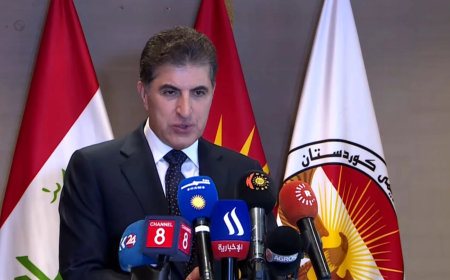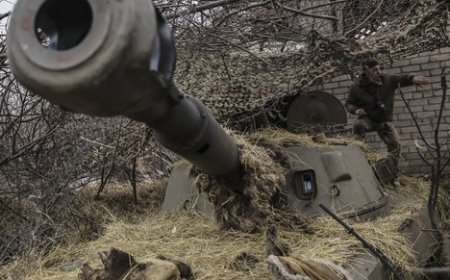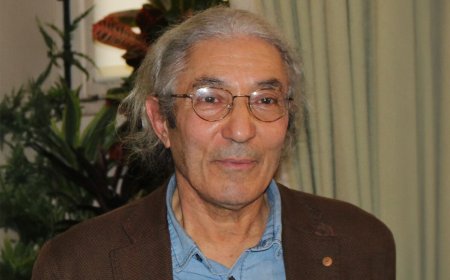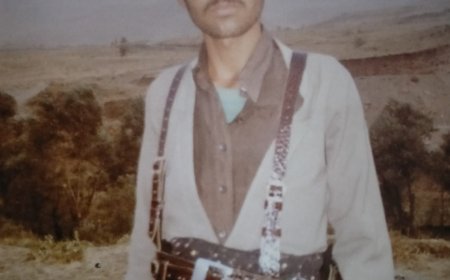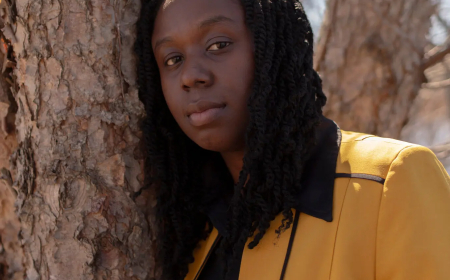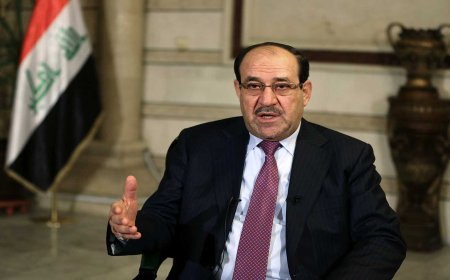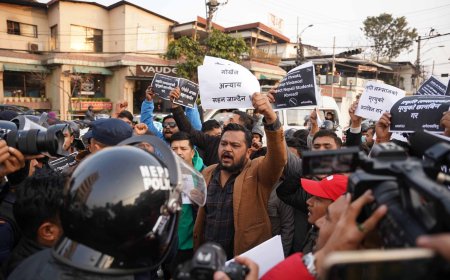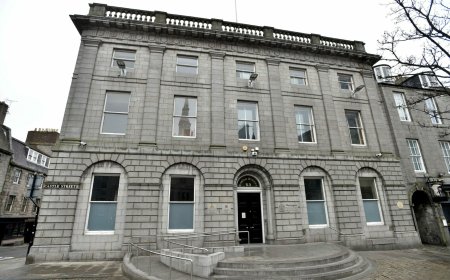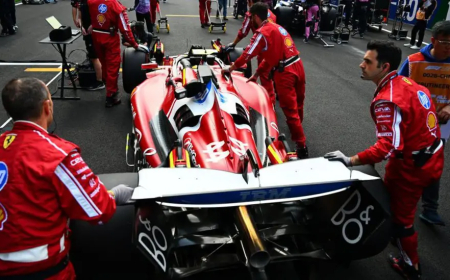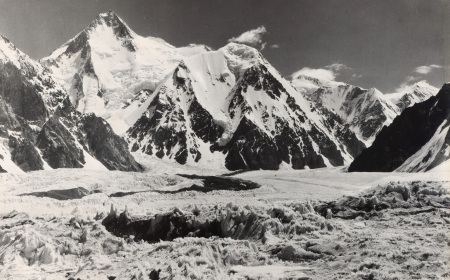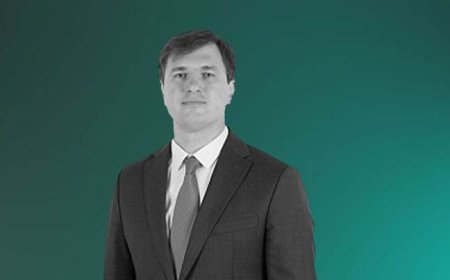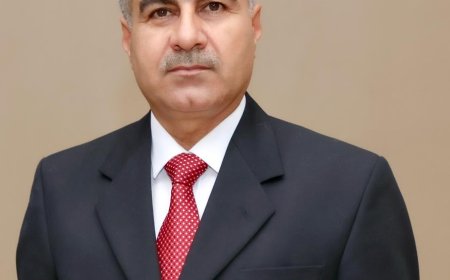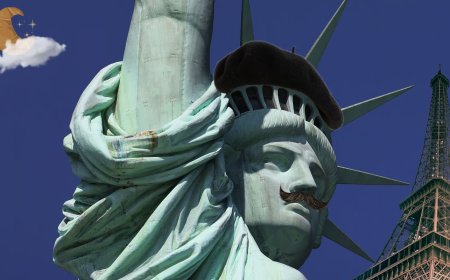A Cry for the Forgotten: The Plight of the Middle Eastern Nations
By Dr. Sirwan Abdulkarim Ali
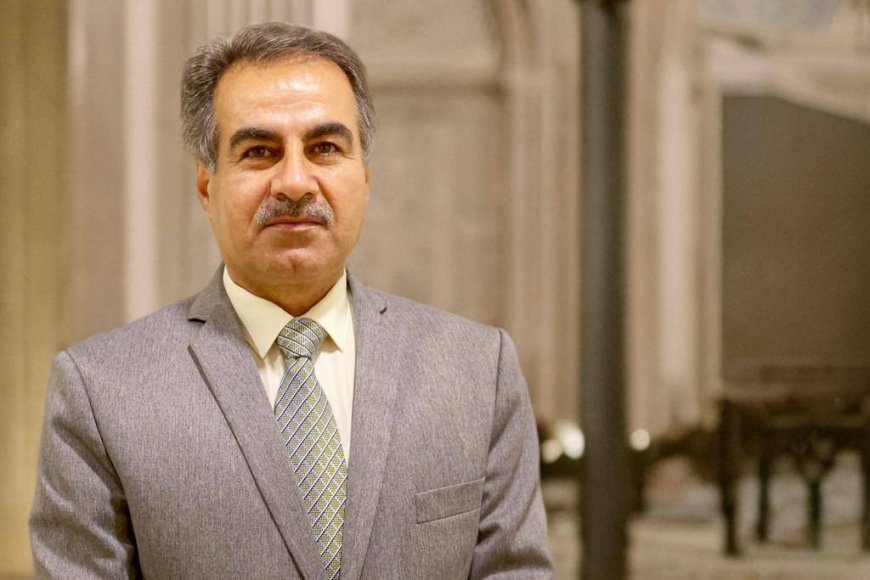
The Middle Eastern countries, a region historically rich in natural and agricultural resources, culture, and history, today find themselves ensnared in a web of suffering. Artificial divisions along ethnic and religious lines, political corruption, and regional interventions have left nations such as Iran, Syria, Iraq, Lebanon, Palestine, and Yemen grappling with profound humanitarian crises. The exploitation of resources by armed groups, coupled with the absence of the rule of law, has led to widespread violence and instability, overshadowing the ideals of unity and multiculturalism.
Iran's diverse population includes Persians, Kurds, Azeris, Arabs, Baloch, and Turkmen, among others. This rich tapestry contributes to a vibrant cultural heritage. However, the imposition of economic sanctions has severely impacted the Iranian people, leading to soaring unemployment, inflation, and a significant decline in living standards. Basic necessities are increasingly scarce, and vulnerable populations, including the elderly and children, face limited access to essential healthcare and nutrition. The resilience of the Iranian people is being tested as they navigate these challenging circumstances.
Syria's descent into chaos began with peaceful protests that spiraled into a full-scale civil war, drawing in various regional and international powers, each pursuing their own interests. This has led to a fragmented landscape, with multiple armed groups vying for control. The Alawite community, to which the Assad family belongs, has faced brutal sectarian violence, resulting in the displacement of hundreds to neighboring Lebanon. Refugees recount harrowing tales of slaughter and loss, highlighting the urgent need for international intervention and support. In northeastern Syria, an agreement between Kurdish-led authorities and the central government has resulted in a ceasefire and the integration of Kurdish forces into the national army. While this development offers hope for stabilizing the region, challenges persist, particularly in coastal regions where sectarian violence continues to cause civilian casualties and displacement.
Post-Saddam Iraq has struggled with systemic corruption, hindering reconstruction and fostering sectarian divisions. Militias have filled the power vacuum, often acting with impunity and further destabilizing the region. The influence of neighboring countries, particularly Iran, has been profound, with armed groups receiving support to further their agendas. This has created a complex web of alliances and enmities, making governance and peacebuilding efforts exceedingly difficult.
Lebanon's intricate sectarian system, designed to promote power-sharing, has also fostered division. The influx of Palestinian refugees and the establishment of the Palestine Liberation Organization (PLO) in the 1970s disrupted the delicate balance, contributing to civil war and inviting external interventions. The rise of Hezbollah, backed by Iran, has added another layer of complexity, influencing both Lebanese politics and regional dynamics. Hezbollah's evolution from a guerrilla group to a formidable military force has significantly impacted Lebanon's internal and external relations. On the other hand, the Palestinian quest for statehood has been marred by decades of conflict, displacement, and occupation. Gaza, controlled by Hamas since 2007, has faced blockades, military operations, and internal divisions. Ceasefire talks continue to falter, while the humanitarian situation remains dire.
Yemen's civil war has triggered a humanitarian disaster, with millions displaced and widespread famine. The conflict involves regional powers, notably Saudi Arabia and Iran, each backing opposing factions. Houthi rebels, empowered by support from Iran and Hezbollah, have transformed into a formidable force, engaging in regional actions that disrupt global trade. Accusations of diverting humanitarian aid and imposing heavy taxation exacerbate the suffering of civilians.
Across these nations, armed groups play a pivotal role, often filling governance voids and exploiting resources. In Iraq and Syria, groups like ISIS have seized oil fields, generating revenue through illicit means. The looting of antiquities and taxation of local populations further fund their operations, perpetuating violence and instability. Similarly, in Afghanistan, ISIS-K has engaged in narcotics trafficking and mining to finance its activities, highlighting the diverse methods armed groups employ to sustain themselves.
The lack of effective governance and rule of law has led to environments where militias and armed groups operate with impunity. This has resulted in widespread human rights abuses, including arbitrary arrests, torture, and extrajudicial killings. The international community's response has often been fragmented, with geopolitical interests overshadowing humanitarian concerns.
The people of the Middle East cry out for peace, security, and justice. Their suffering demands a unified response from the international community. Humanitarian organizations, including the United Nations and the International Red Cross, must intensify efforts to provide aid and advocate for the protection of civilians. Diplomatic initiatives should prioritize inclusive governance, respect for human rights, and the dismantling of armed groups. The cycle of violence must end, paving the way for a future where all communities can coexist in peace and dignity.
The intertwined conflicts of the Middle East are a tragic testament to the devastating effects of ethnic and religious divisions, unchecked corruption, and the absence of the rule of law. The resilience of the affected populations is commendable, but without concerted international efforts, the region risks further descent into chaos. It is imperative that the global community acts decisively to address the root causes of these conflicts, ensuring a future where the cries of the oppressed are heard.
